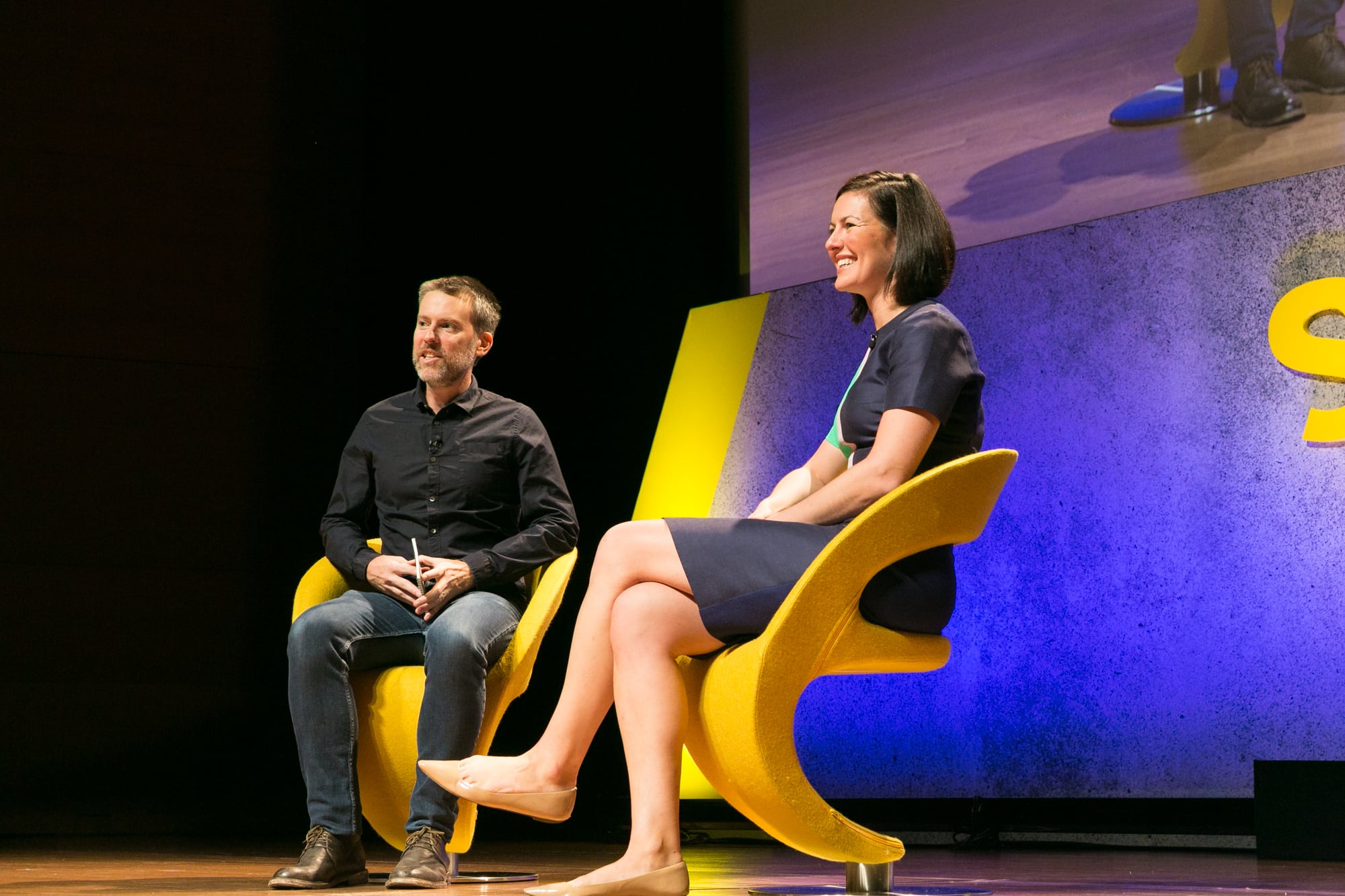Facebook Doesn't Want to Be Middleman Between Travel Brands And Consumers

Skift Take
Right now travelers are turning to social networks like Facebook to see their friends' trip photos and get their recommendations more than they're demanding hotel and flight booking ability through its mobile app. But will Facebook become a bigger middleman in the future than it already is? We have our money on yes.
As Facebook makes it easier for its 1.6 billion users to make purchases and its advertisers, such as travel brands, to get their ads in front of those users the social media monolith doesn't want to be the middleman in the equation.
Facebook doesn't intend to be an intermediary, said Sarah Personette, speaking at Skift Global Forum on Wednesday in New York City, although it certainly appears it's heading in that direction or already there in some circumstances. "We continue to invest in the Pages platform and we continue to invest in ad units that allow you to deliver that frictionless experience," said Personette. "Those are things that allow you to do book now. That allow you to do buy now. That allow you to do reserve now. So that we don't have to take them off the
